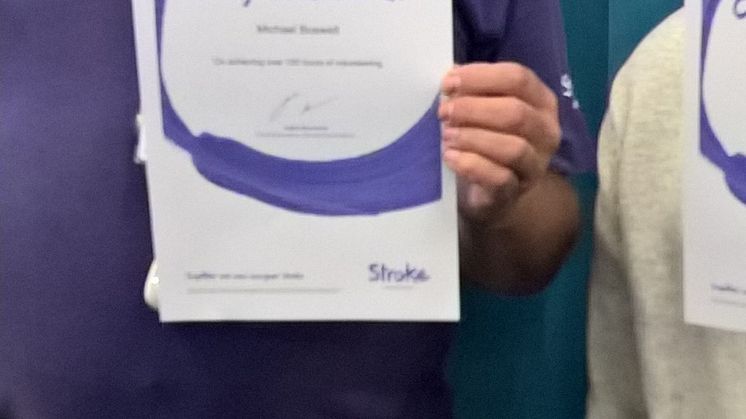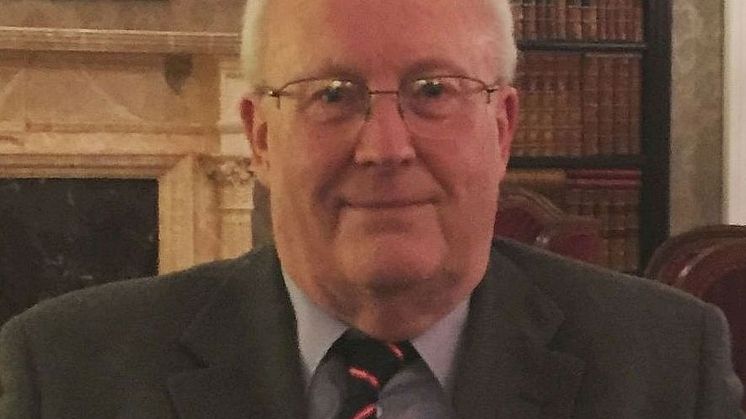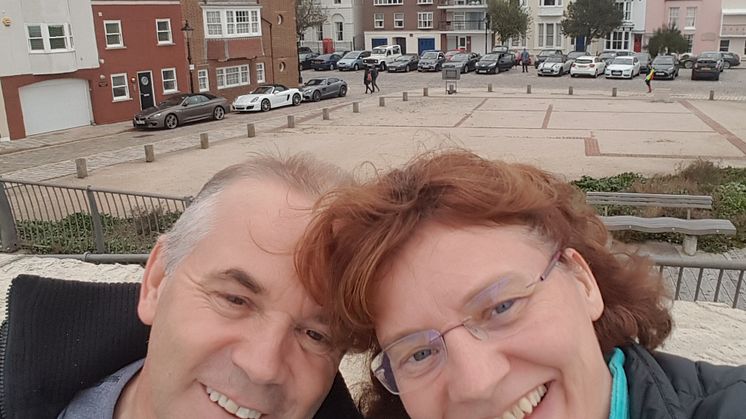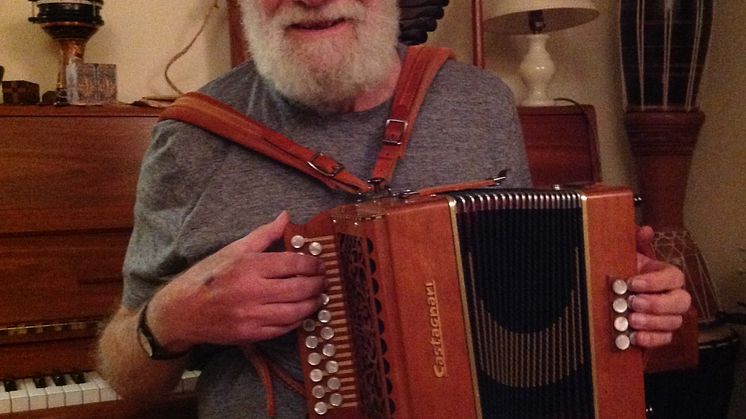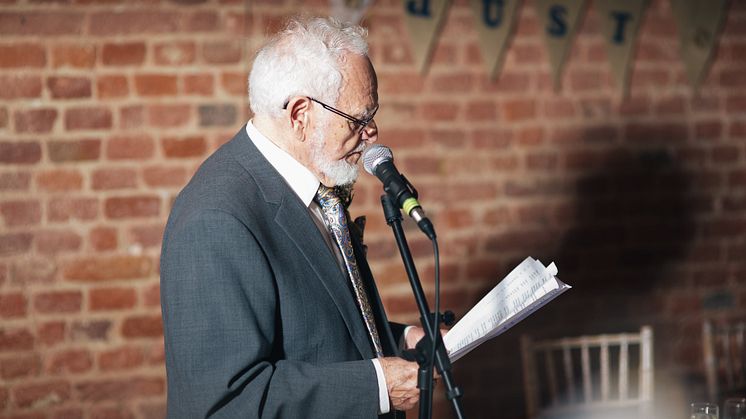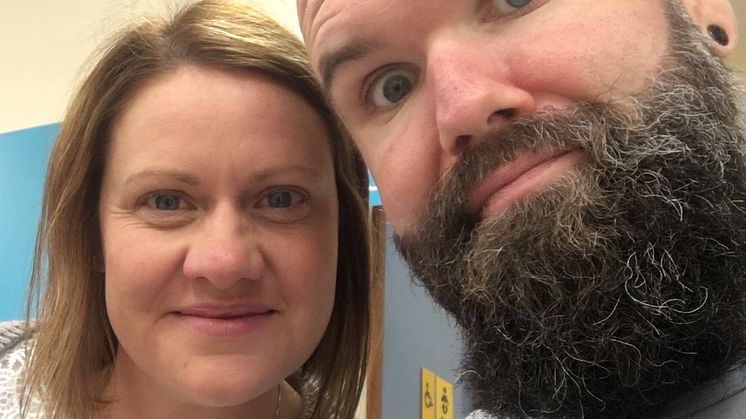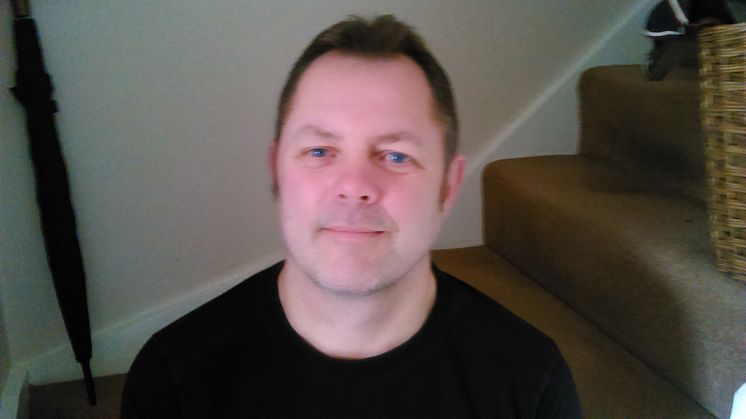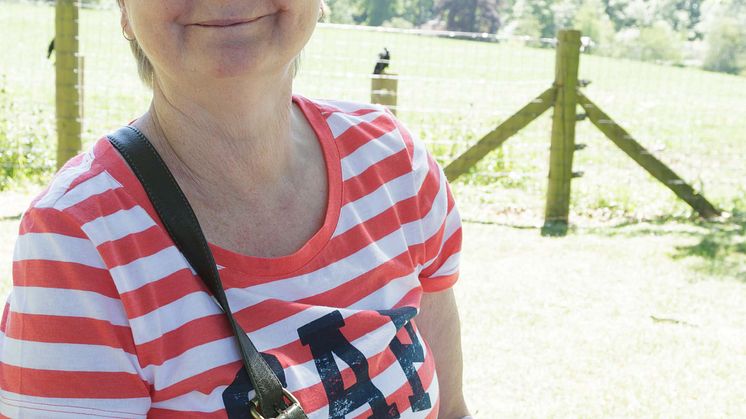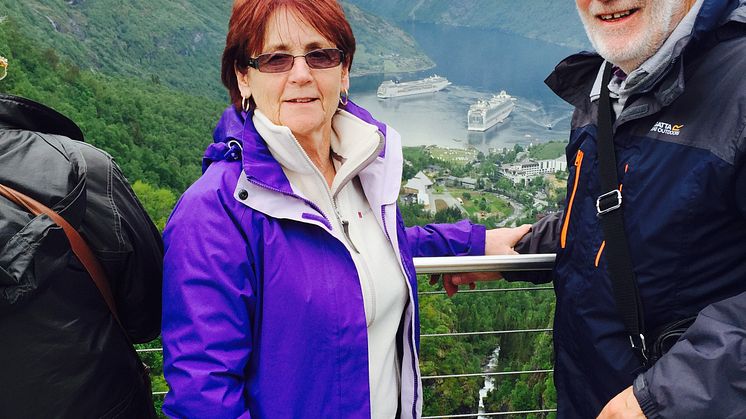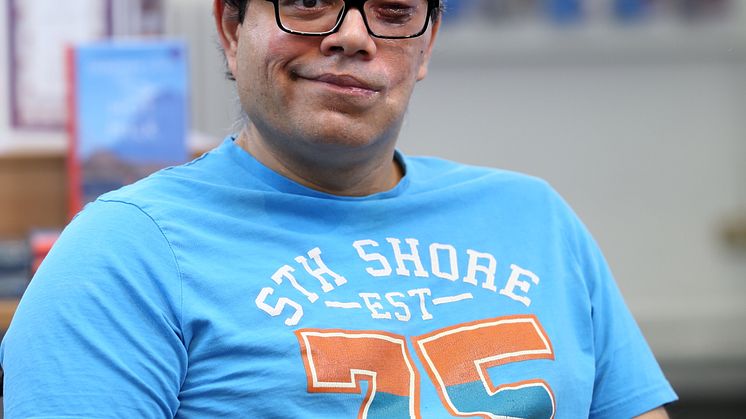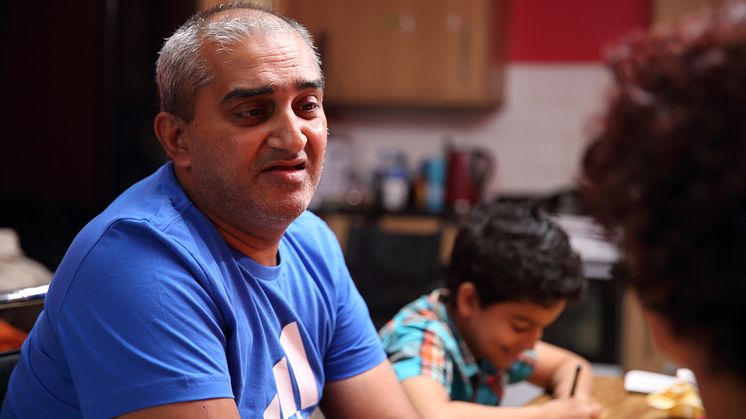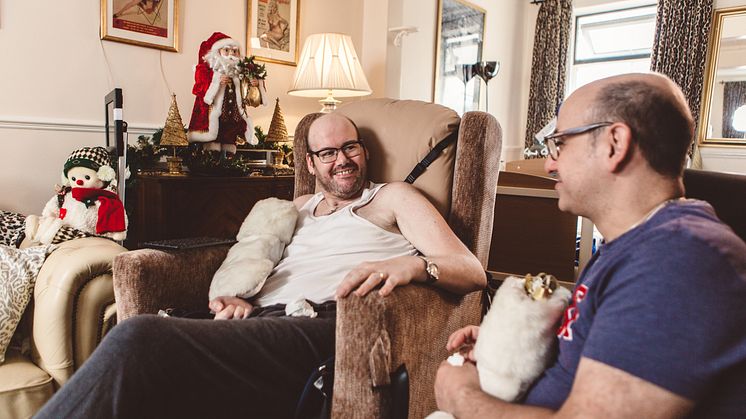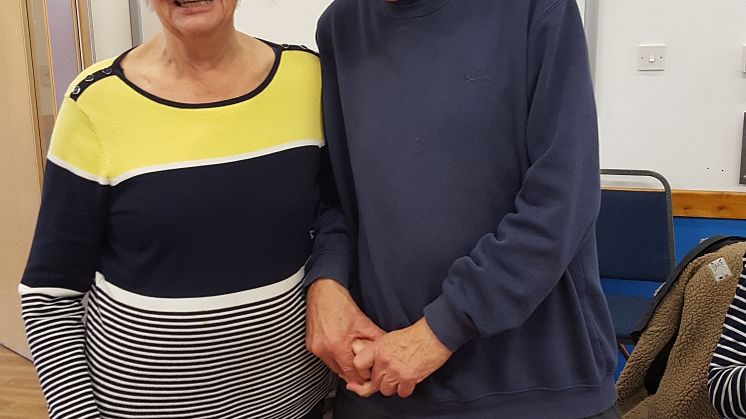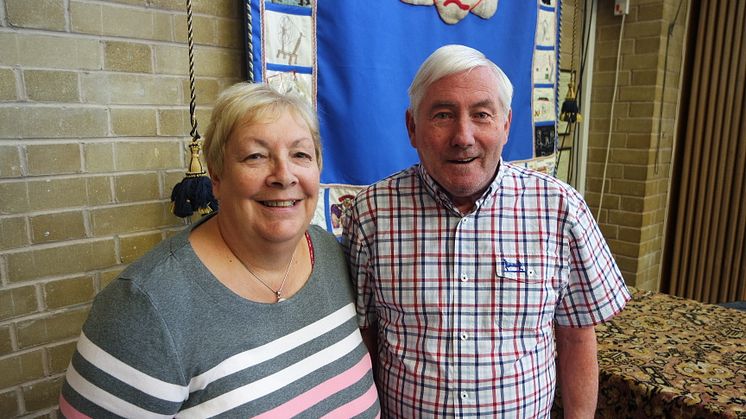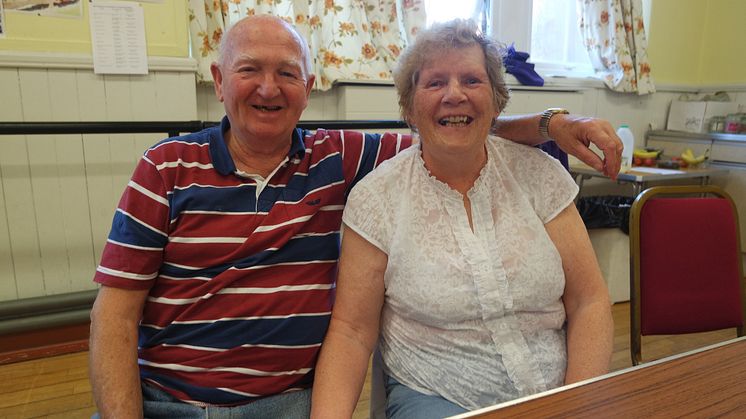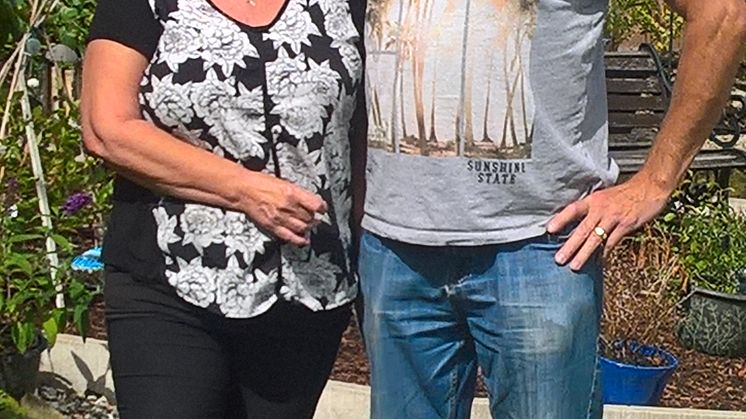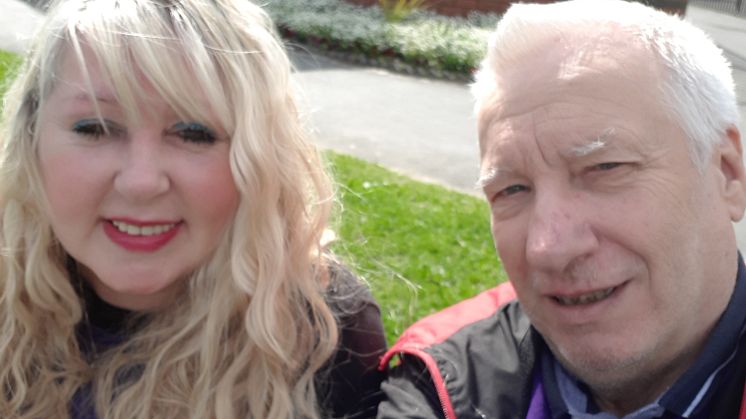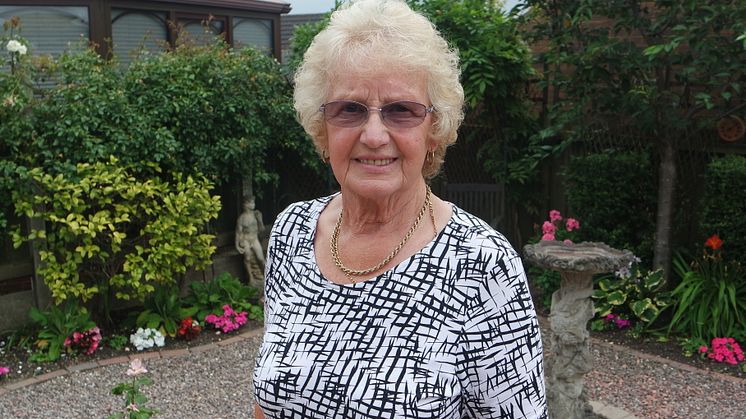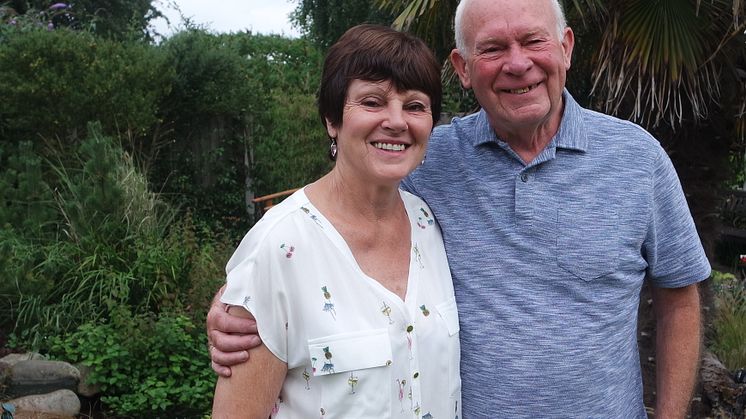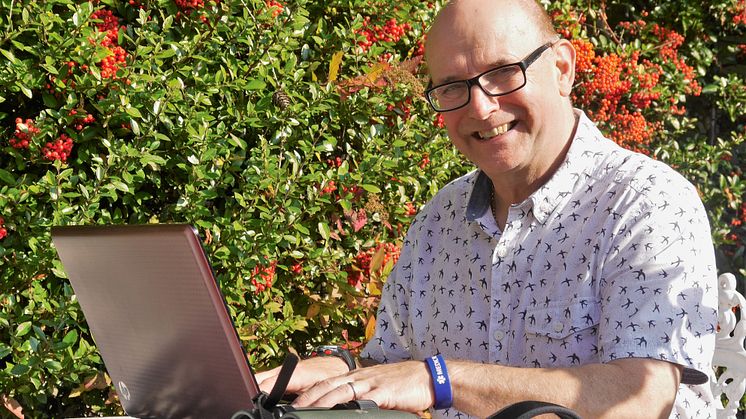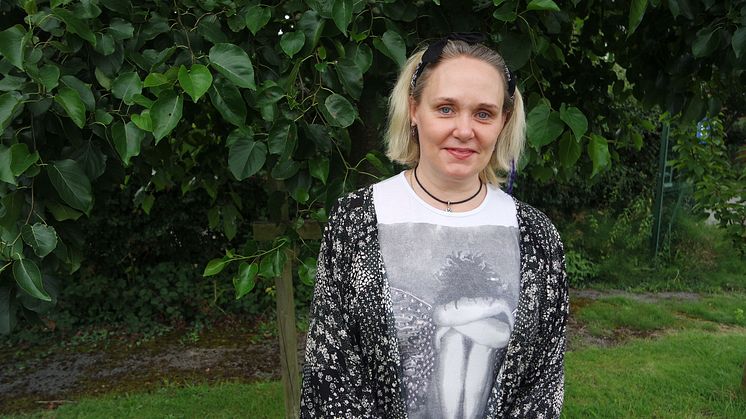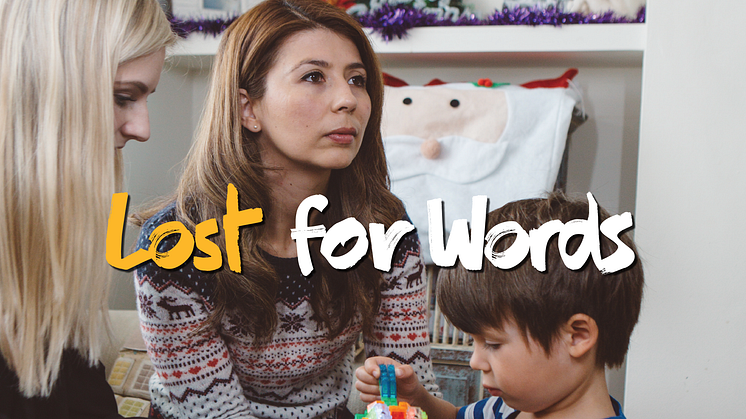
Press release -
Almost half a million people in the UK could be lost for words by 2025
The UK’s leading stroke charity is warning that around 475,000 stroke survivors across the UK could be living with the communication disability aphasia by 2025, leading to increased pressure on social care services (i).
It is estimated that well over a quarter of a million stroke survivors in the UK have problems reading, writing, speaking, and understanding language as a result of aphasia(ii). However, the charity’s report, Current, future and avoidable costs of stroke, predicts that an extra 158,000 people will be living with aphasia in less than 10 years’ time.
Juliet Bouverie, Chief Executive of the Stroke Association, said: “As well as physical and emotional problems, stroke can rob people of their ability to speak, read and write. Simple everyday tasks, such as reading a text message, ordering a coffee or saying “Merry Christmas”, can suddenly become a huge challenge. We know that communication support can give stroke survivors their independence again. But there is not enough support to help everyone, and with the number of stroke survivors on the rise, we need a national plan for stroke in England that ensures every stroke survivor has the help they need to find their voice again.
“Stroke can affect people at any age, and can cause a lifetime of disability. We must act now to improve the support available for stroke survivors. This support, including speech and language therapy, should begin in hospital, and continue for months and years after people return home. Our support services have helped thousands of stroke survivors regain their confidence and communication skills, and we’d like to see these offered to more people affected by stroke.
“Sadly, far too many stroke survivors tell us that they feel abandoned after their stroke. We need urgent action to ensure that social care and support services are able to meet the demands of a growing number of stroke survivors, and that Stroke Association support services are available to the thousands of people who need us.”
CEO of the Royal College of Speech and Language Therapists, Kamini Gadhok MBE, says: “The impact of not being able to communicate is life-changing and for many can be devastating. It affects both the individual and others around them. We know from our stroke survey data that stroke survivors are not receiving enough vital speech and language therapy or for long enough to help them with their communication problems. The RCSLT is calling on commissioners to increase provision of speech and language therapy to support people’s needs in both hospitals and community settings.”
The research was undertaken at Queen Mary University of London and London School of Economics, and was sponsored by Legal & General.
Graham Precey, Head of Corporate Responsibility and Ethics at Legal & General said: “Investing to improve the population’s health against the risk of stroke makes economic sense. We are faced with a growing burden of chronic disease that is not sustainable. We need to act now to help reduce the impact of disease and disability to create a healthier world. Research into preventing stroke needs to be prioritised if we want to change the story for stroke.”
The Stroke Association is urging people to show their support for stroke survivors who are lost for words and make a donation. Stroke Association Communication Support Groups provide support for stroke survivors who require support with conditions such as aphasia, dysphasia and dysarthria, providing a lifeline for many, enabling them to find their voice again. For more information, visit www.stroke.org.uk/lostforwords.
Topics
Categories
Regions












